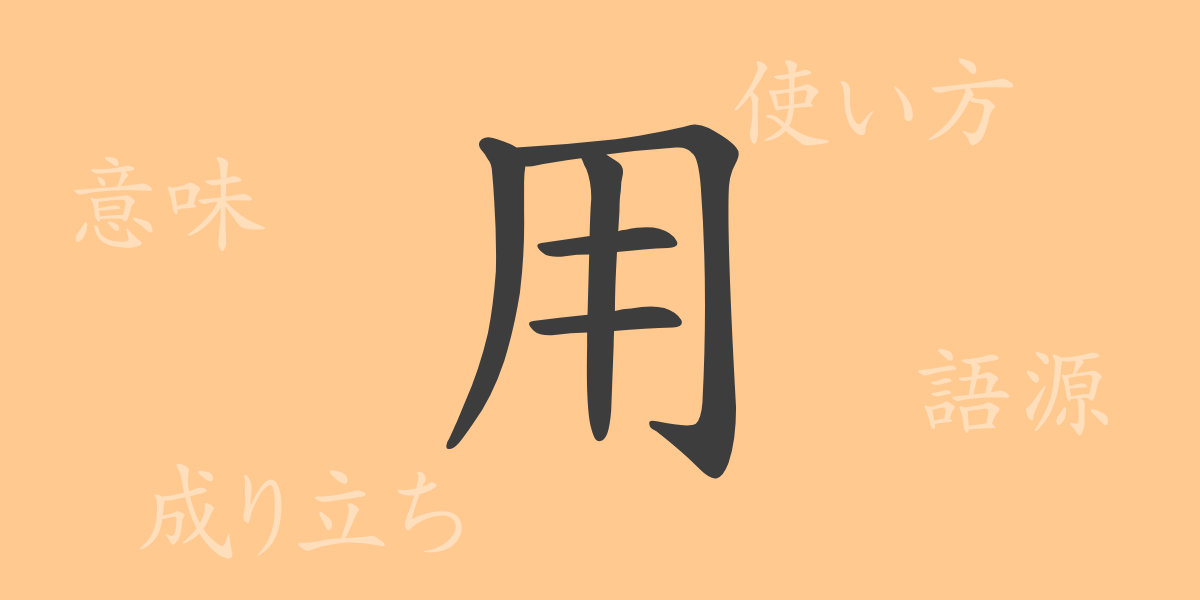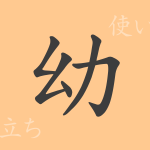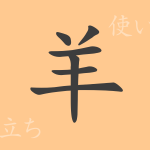The beauty of the Japanese language lies in its complexity and richness of expression. Among its elements, kanji (かんじ) characters symbolize the depth of Japanese culture and language through their shapes, meanings, and pronunciations. Today, we spotlight one of the commonly used kanji (かんじ) characters in Japanese, “用” (よう, you), delving into its origins and modern usage. Let’s rediscover the charm of the Japanese language through the history and functionality of this single character.
The Origin of 用 (よう, you)
Exploring the origin of the kanji (かんじ) character “用” (よう, you) connects us to ancient Chinese history. This character originally derived from a verb meaning “to use.” Its initial form can be seen in ancient Chinese oracle bone script, where it depicted a container for daily necessities. Over time, its shape evolved into a more abstract form, settling into the current character “用” (よう, you).
Meanings and Usage of 用 (よう, you)
In modern Japanese, “用” (よう, you) is widely used not only to mean “to use” but also to signify “necessity.” Additionally, in the term “用事” (ようじ, youji), it refers to “tasks” or “errands.” This multiplicity of meanings and usages is a hallmark of kanji (かんじ) characters.
Readings, Stroke Count, and Radical of 用 (よう, you)
The kanji (かんじ) character “用” (よう, you) is frequently seen in daily life due to its simplicity and diverse applications.
- Readings: In on’yomi (おんよみ, onyomi) it is read as “よう” (you), and in kun’yomi (くんよみ, kunyomi) it is read as “もち.いる” (mochi.iru).
- Stroke count: “用” (よう, you) consists of 5 strokes.
- Radical: Its radical is “マ” (ma), but “用” (よう, you) itself also functions as a radical.
Idioms, Proverbs, and Expressions Using 用 (よう, you)
There are numerous idioms, proverbs, and expressions that include “用” (よう, you). For instance, “用心深い” (ようじんぶかい, youjinbukain) means to be cautious, “用を足す” (ようをたす, youwo.tasu) means to go to the toilet, and “用もないのに” (ようもないのに, youmonainoni) means without any particular reason. These expressions, while based on the basic meaning of “用” (よう, you), carry unique nuances in their respective contexts.
Conclusion about 用 (よう, you)
The kanji (かんじ) character “用” (よう, you) embodies the dynamism of the Japanese language through its form, meaning, and usage. Despite its simplicity, this character holds powerful expressive capability, making it a crucial element in Japanese linguistic culture. We hope this exploration has allowed readers to appreciate the multifaceted nature of “用” (よう, you) and the profound world of words it weaves.

























